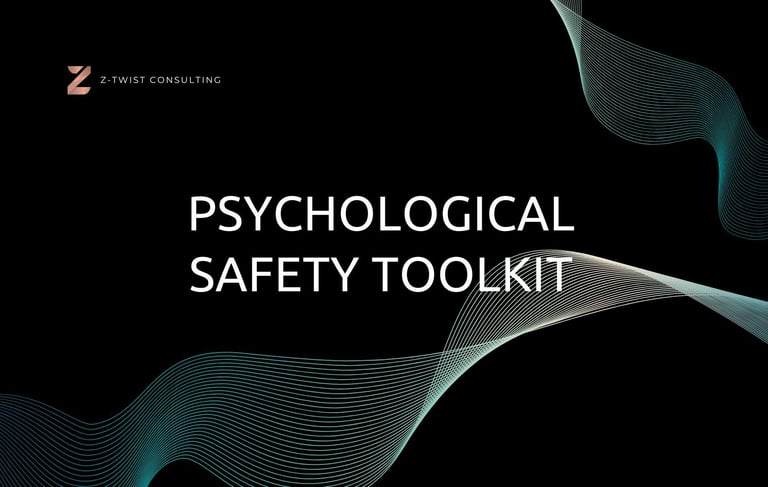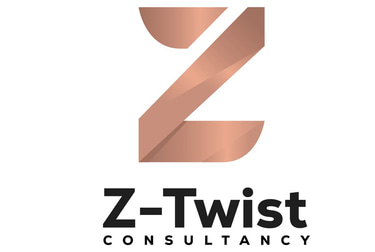Sneak Peek
If you're seeing this page...
Hi! You have elected to be one of the people to see one of my resources ahead of time. :D
Thank you for your support, it is very appreciated. <3
Below is the next resource:
The Psychological Safety Toolkit
The Psychological Safety Toolkit is a practical, no-bullshit resource designed to help leaders and teams diagnose, build, and sustain workplaces where people can:
Speak up without fear of retaliation or shame
Challenge norms without being labelled "difficult"
Fail openly without career consequences
Engage in productive conflict (not performative harmony)


🔧 WHAT’S IN THE BOX?
These are the download links:
The main presentation, outlining the steps and worksheets
10 anonymous questions that reveal where fear lives in your culture
Power mapping exercises to expose hidden hierarchies
Diagnoses silent killers like proxy punishments and martyrdom traps
A 48-hour radical candour sprint with strict rules for leaders
Monthly meeting template to surface undiscussables
Scripts for repairing trust after conflict
Co-create rules for productive friction vs. toxic avoidance
🚨 WHY IT’S DIFFERENT
This isn’t another trust fall or happy culture checklist. It’s built for leaders who know:
Psychological safety isn’t about niceness—it’s about accountability
You can’t survey your way to safety—you need behavioural change
Silence is expensive (turnover, innovation debt, burnout)
🎯 WHO IT’S FOR
Leaders tired of culture theatre
HR teams ready to move beyond performative DEI
Change agents fighting status-quo resistance
Teams where conflict goes underground
💡 KEY PRINCIPLES
Clarity is kindness. Vagueness breeds fear.
Power must be interrogated. Who speaks? Who silences?
Repair > blame. Mistakes are inevitable; retaliation isn’t.
Conflict is data. If no one’s uncomfortable, you’re not growing.
Z-twist consulting
Empowering project success through expert consultancy.
Registered company number: 15939151
Connect
enquiries@z-twist.com
07951883070
© 2024. All rights reserved.
